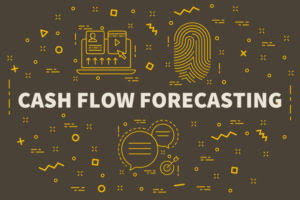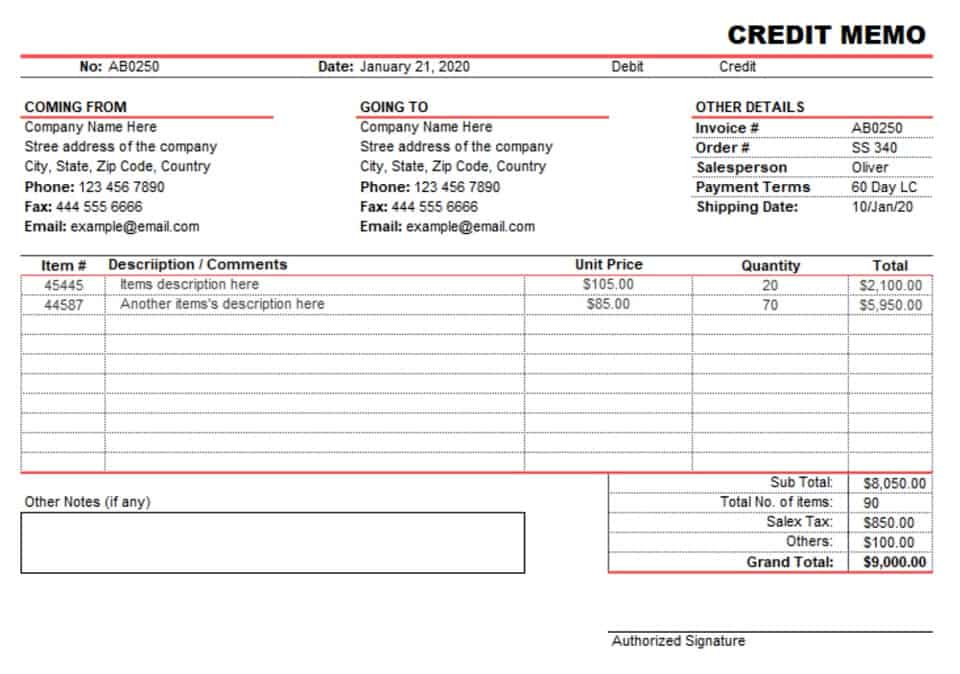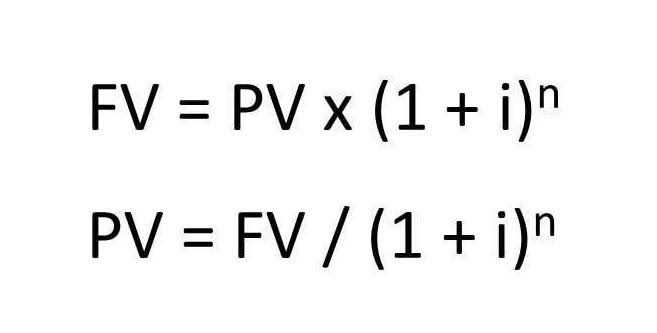
The technology also combats tax fraud by https://healthiatric.com/health/mastering-ebay-bookkeeping-a-step-by-step-guide-on/ reducing opportunities for false reporting or income underreporting. Its transparent and tamper-proof records act as a deterrent to fraudulent behavior. Tax authorities can use smart contracts to cross-check reported income against actual transactions on the blockchain, quickly identifying discrepancies and safeguarding the tax system’s integrity. Fraudulent financial activities have long plagued the accounting profession. The immutable nature of blockchain significantly curtails opportunities for data manipulation.

What’s the future for blockchain in accounting?
Developing professional knowledge and understanding of this emerging technology and its applications will be crucial to ensuring the profession’s relevance and future readiness. Blockchains are an emerging technology expected to considerably transform the accounting and auditing professions. This study reviews the academic literature on blockchain in accounting and auditing.
Navigating the maze of audit compliance
The security of the blockchain prevents a hacker from acting as an authorized member of the network. A blockchain is a distributed, peer-to-peer database that hosts a continuously growing number of transactions. Each transaction, referred to as a “block,” is secured through cryptography, timestamped, and validated by every authorized member of the database using consensus algorithms (i.e., a set of rules). A transaction that is not validated by all members of the database is not added to the database. Every transaction is attached to the previous transaction in sequential order, creating a chain of transactions (or blocks). A transaction cannot be deleted or edited, thereby creating an immutable audit trial.
Reconciliation and control

Overall, blockchain improves the efficiency of accounting services by minimizing the need for repeated data entry, which minimizes human errors. Smart contracts also ensure transparency and traceability by recording every transaction on the blockchain, creating an immutable ledger accessible blockchain in accounting to all parties. This benefits auditors, who can verify transactions in real-time, cutting the time and cost of traditional audits.

Evolving Artificial Intelligence and Blockchain Technology in Accounting and Auditing

To comprehend the impact of blockchain on accounting, it’s essential to grasp the fundamentals of traditional accounting methods. Double-entry accounting, a cornerstone of financial record-keeping, revolves around the concept that every financial transaction has at least two equal and opposite entries. This system ensures that for every debit, there’s a corresponding credit, maintaining the balance of accounts. With transactions being recorded in a shared and unalterable ledger, the need for time-consuming manual reconciliations is significantly reduced.
- With the development of computer hardware, blockchain is vulnerable to 51% computing power attacks (Eyal and Sirer, 2014; Gervais, Karame, Wüst, Glykantzis, Ritzdorf and Capkun, 2016).
- There’s an unfortunate tendency, however, to assume that the growth of blockchain accounting will spell the end for “traditional” accounting.
- No use, distribution or reproduction is permitted which does not comply with these terms.
- Blockchain is a decentralized, distributed ledger that focuses on the ownership and transfer of assets.
- Digital technology has long influenced accounting, but most digital technology has involved replacing analog tools with similar digital counterparts.
Blockchain technology’s technical complexity can be a barrier for many accountants and auditors. The lack of familiarity with blockchain concepts and practices might deter professionals from embracing the technology. Moreover, the absence of standardized protocols and practices across different blockchain platforms poses challenges. The lack of universally accepted norms complicates integration efforts and interoperability between blockchain systems and traditional accounting software.
Benefits of blockchain in accounting:
- That means if a business or organization makes hidden errors, records with the trusted third party will help uncover them.
- Overall, integrating blockchain into accounting can be a complex process with many considerations.
- Nowadays, blockchain reshapes the functionality of the fintech industry, invoking a significant interest in institutions that work with financial operations directly.
- While challenges such as scalability, integration complexities, and regulatory considerations exist, proactive adaptation and collaboration are key to harnessing blockchain’s benefits.
- Blockchain and accounting are intertwined based on security intensification.
Tax authorities can access real-time financial data, making tax preparation and filing faster and more efficient. Auditors can also use blockchain to auto-verify records instantly instead of manually cross-checking data. By embracing this technology, tax and accounting professionals can future-proof their careers and enhance their service offerings. As you consider integrating blockchain into your practice, remember that staying informed and proactive is key to unlocking its full potential. Blockchain technology integrates into accounting practices through innovative approaches such as triple-entry accounting. This system adds a shared, cryptographically secured ledger to the traditional double-entry system, enhancing accuracy and security.
Blockchain and the future of accountancy
The blockchain provides a secure and decentralised ledger that auditors can use to validate the legitimacy of a transaction. Once they’re on the blockchain, transactions can’t be altered or removed – which means auditors can trace them back. The use of smart contracts – self-executing contracts where, once all conditions are met, payment, goods, or services are automatically released – could make it easier to settle the bill. Firms could do away with complex invoicing procedures by using smart contracts on the blockchain to facilitate payment. This could reduce the occurrence of late payments, unpaid invoices, and disputes.
Beyond the numbers: The art and science of superior client service in accounting firms
It is also likely that the other entities provide erroneous data, or they even decline to respond. It seems like now, where the profession needs to be looking is they’ve got to figure out how to handle the accounting part of it. But a lot of stuff you mentioned, they’ve got to know these terms, so they can have some idea of what their clients are talking about. As shown in the graphic below, the next stages on the hype cycle for blockchain are the slope of enlightenment and the plateau of productivity. This beginner’s How to Run Payroll for Restaurants guide will help you get to grips with the blockchain basics. To stay ahead of the curve, think about enrolling into an industry-oriented accounting programme like the accounting courses offered at The London School of Business and Finance (LSBF UK) today.


